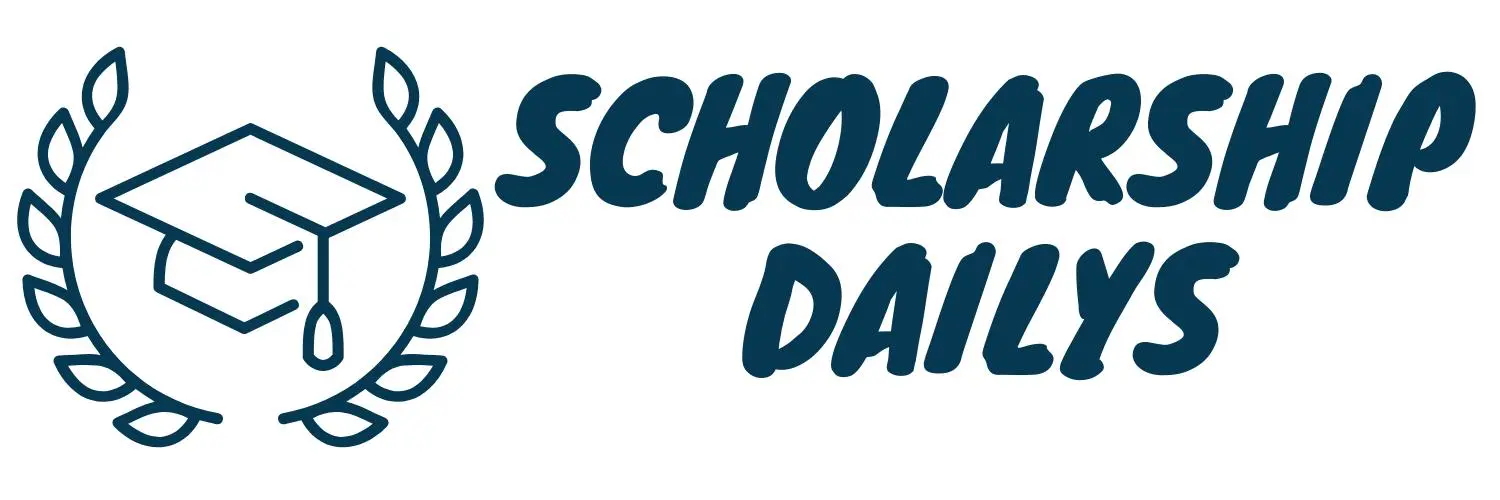Are you asking yourself, Should I Refinance My Student Loan or not? Generally, trading your current loan for a brand-new loan is what is meant by refinancing a student loan. Student loans can be refinanced by borrowers to be able to get the lower interest rates, of which the benefit is that much money can be saved and student is paid off faster. That said, however, not everyone can go for refinancing student loans.
Should I Refinance My Student Loan
Typically, federal student loans have lower interest rates, unlike private student loans. However, lower rates can mostly be found by borrowers somewhere else. The interest rates of federal loans today can be as high as 6.28%, while it has been as high as 8 5% in the past.
The process of refinancing my student loan involves you searching for a private lender that provides refinancing of student loans. Then, a loan application is submitted by you, as you request for a loan that is enormous enough to be able to pay off your current loan. The private lender will pay off your current federal loans once it is approved. Thereafter, you have a new loan with new terms, a new repayment plan, and new interest rates.
While refinancing my student loans can be a good idea, especially if you have good credit and reliable income. However, as good as it may be, some risks are involved as well. The following are the pros and cons of refinancing student loans.
Pros of Why Should I Refinance My Student Loan
1. You Can Pay Off Your Debt Faster
Once you qualify for a lower interest rate, as you refinance your loan, the principal will receive more of your payment rather than charges of interest. This can also be used as an opportunity to reduce your term of repayment if you so desire.
Take, for instance, you reduce your repayment term from six to four years, your payments per month will possibly increase, however, you can have more money saved in the long term, as you do away with your debt very fast.
2. Parent Loans Can Be Transferred to a Child
There is a big advantage to refinancing your loans if you are a parent that took out loans to be able to settle your child’s undergraduate education fees. This means that you can transfer the loan to your child. While not all, some lenders will allow your child to be able to refinance the loans as he takes ownership of the debt. Once this is approved, you are no longer responsible to pay it, but your child is.
Also Read: Australia Student Visa Guide: Process, Requirements, and Age Limit
3. Your Loans can be Merged into One
There are usually about 9 to 12 student loans for an average college graduate as he/she leaves school. A lot of loans, due dates, and payments can prove to be a disaster with managing them. Your credit history could get damaged as it is easy to confuse dates and loan servicers, which will make you miss payments.
4. You Can Get Lower Interest Rate
You could have a moderately high-interest rate depending on when you took out your federal loans and the type of loans you have. As you refinance your loans, you may have access to lower rates and save money throughout your loans.
There are the options of variable and fixed-rate loans during the process of refinancing your loan to choose from. For borrowers who have, financing lenders usually provide rates from 2%.
Cons of Why I Should Refinance My Student Loan?
1. You No Longer Have Eligibility for Federal Deferment or Forbearance
If you’re severely ill, experiencing hardships financially, or returning to school, you can take advantage of generous deferment of forbearance with federal student loans. You could postpone your repayment for up to 3 years based on the type of deferment or forbearance you qualify for. This is open to only federal borrowers.
2. Student Loan Refinancing is not available to everyone.
Reliable income and excellent credit are the major criteria for refinancing student loans. So, to qualify for refinancing and to have access to the best rates, you need to meet up these requirements. If not, you’ll not qualify for the loan, except there is a co-signer that joins you in applying for a loan.
3. You Won’t Qualify for Loan Forgiveness Programs
Loan forgiveness is among the benefits that are open to federal loan borrowers. Forgive ness programs like Service Loan Forgiveness and Teacher Loan Forgiveness. You will no longer be eligible for this program once your student loan is refinanced.
4. You’re No Longer Eligible for Income-Driven Repayment
You’re eligible for income-driven repayment plans (IDR). Upon qualifying for this, your payment will be calculated by your loan servicer, which will be based on a percentage of your discretionary income and a longer-term. Also, depending on your circumstances, any remaining debt can be forgiven at the end of 20 or 25 years.
Conclusion
The burden of repayment of loans for a student can be full of so much stress! As much as refinancing student loans is so desirable, it may not be so much a good option. You have to consider the pros and cons highlighted above to make your decision. Do not rush, take your time to decide.
Hope this information on Should I Refinance My Student Loan was useful, do use the comment box below and also share.

